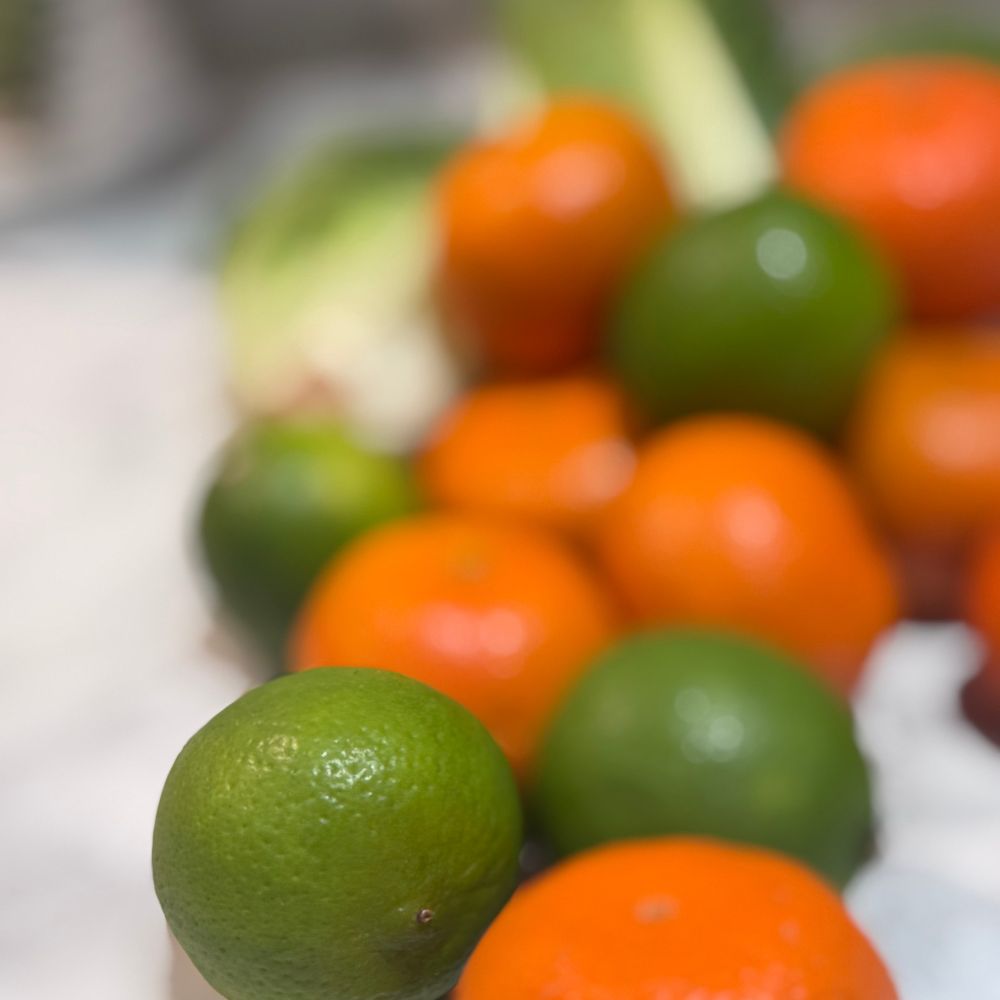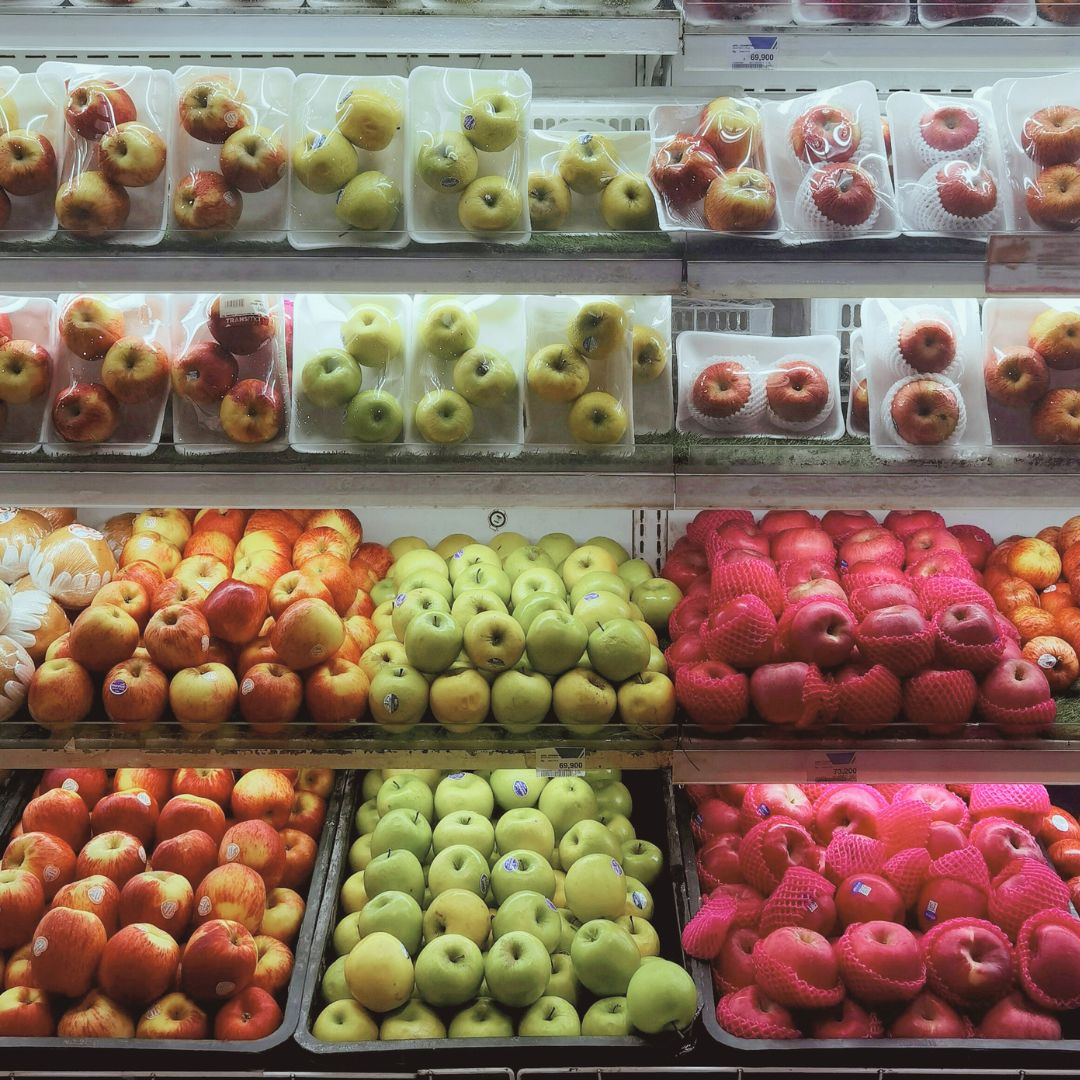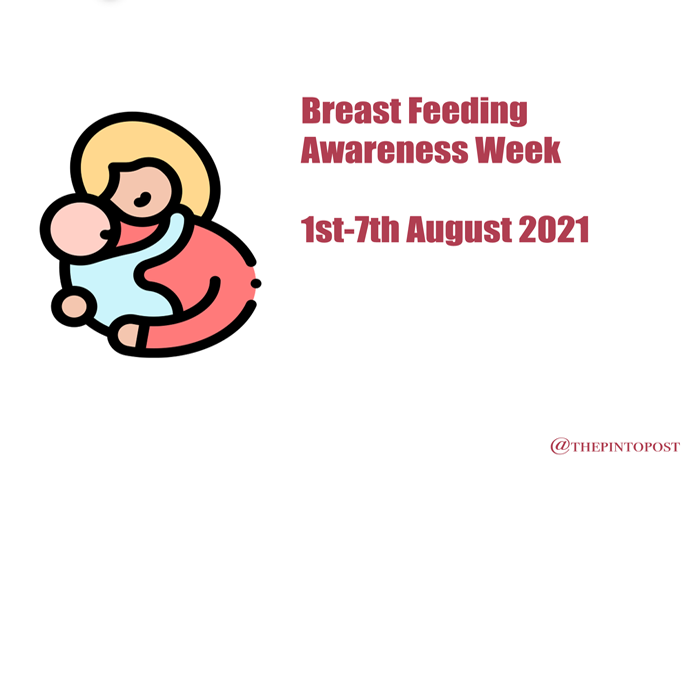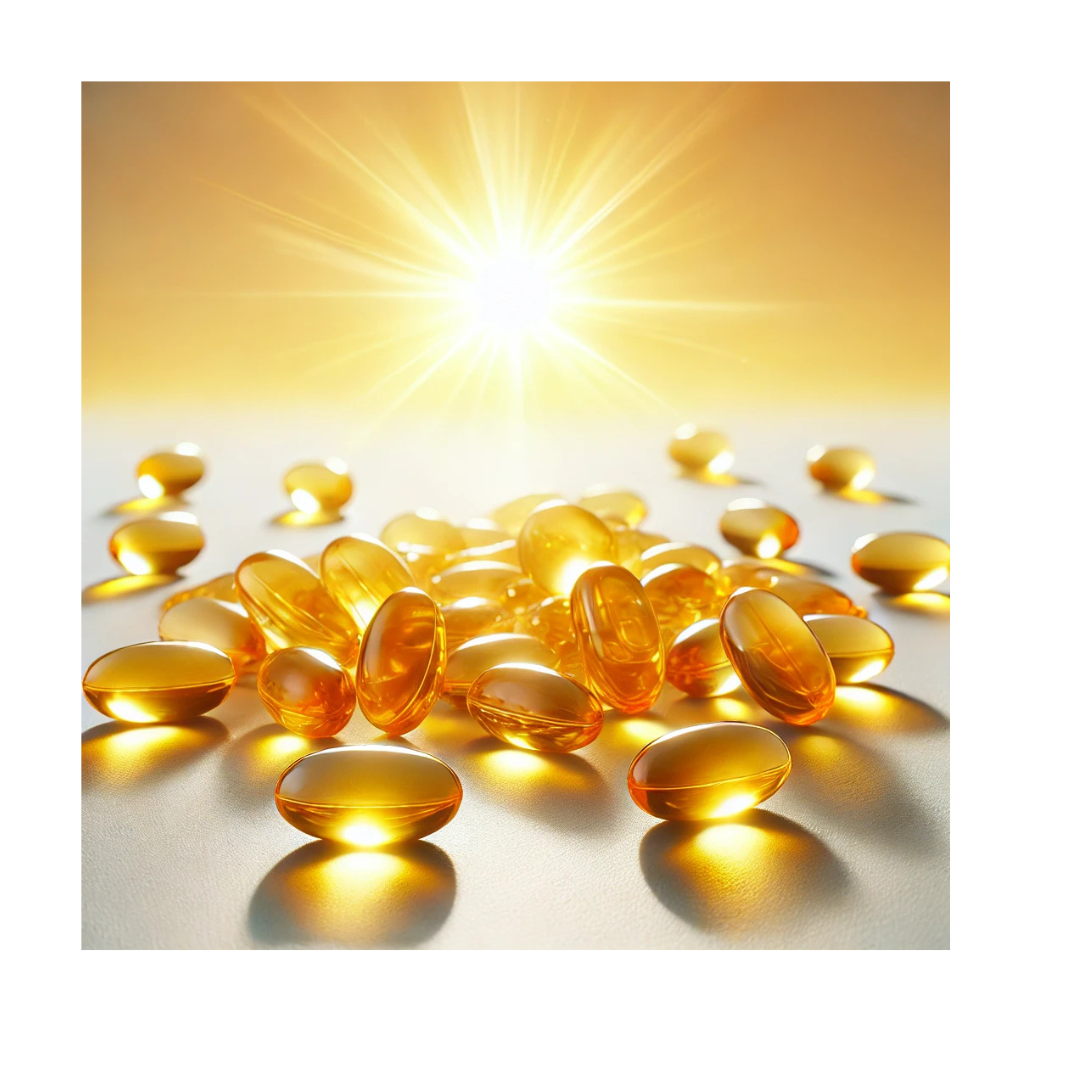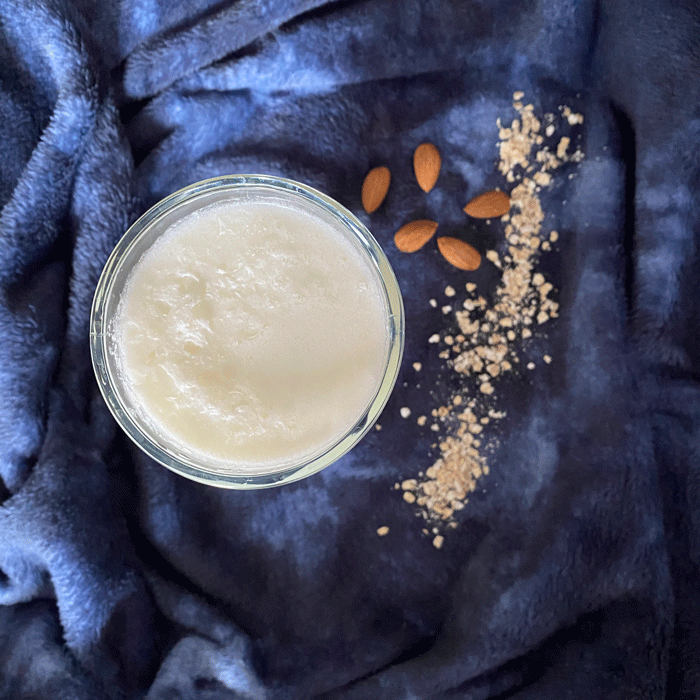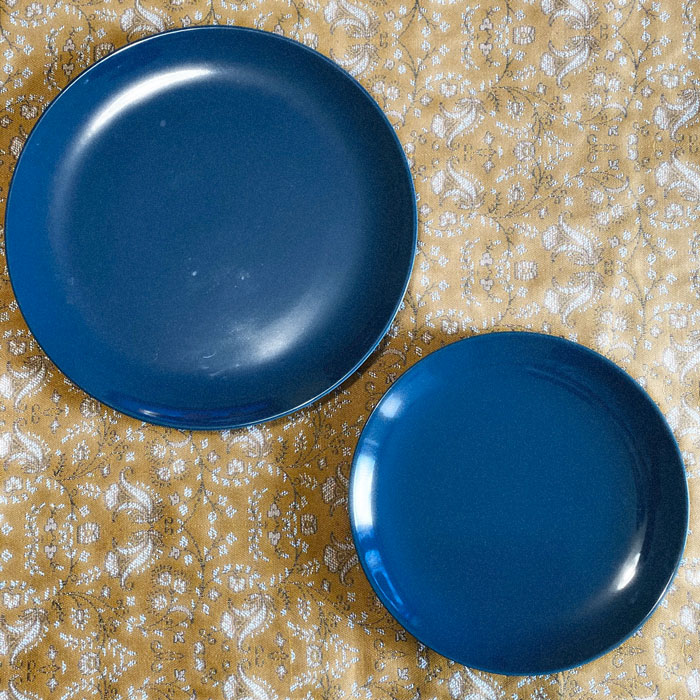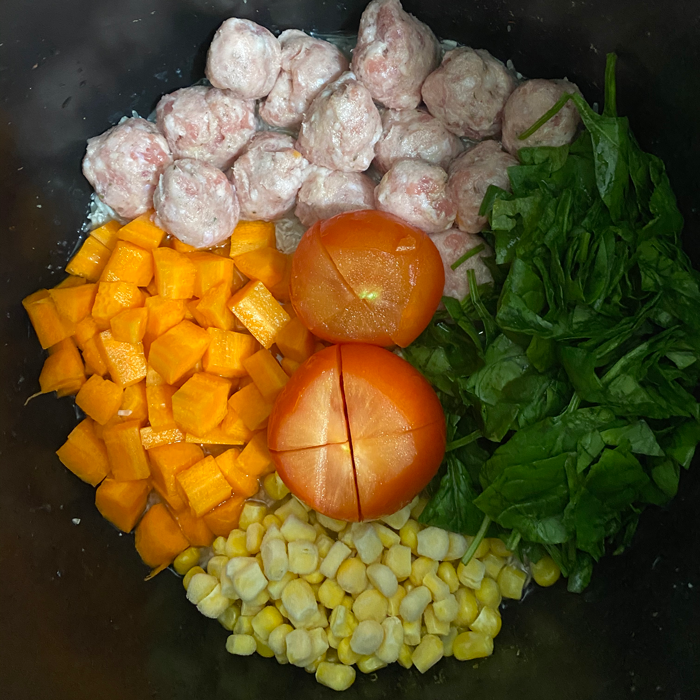It’s That Time of Year to Start Your Vitamin D Supplements if You Live in the UK
As we transition into the colder months, it’s important to address a nutrient that many of us in the UK may not be getting enough of—vitamin D. With shorter days, less sunshine, and more time spent indoors, the chances of producing adequate vitamin D naturally are slim.
In fact, Public Health England (PHE) advises that from October to March, everyone in the UK should consider taking a daily vitamin D supplement of 10 micrograms (400 IU). This recommendation is grounded in research showing that sunlight in these months isn't strong enough for our bodies to make sufficient amounts of vitamin D.
Why is Vitamin D Important?
Vitamin D plays a critical role in maintaining healthy bones, teeth, and muscles by regulating calcium and phosphate levels in the body. It's also important for immune system function and may even reduce the risk of respiratory infections. Studies published in *The BMJ* have highlighted how vitamin D supplementation can help reduce the risk of conditions like osteoporosis and rickets in children while supporting overall health .
The Challenge of Sunlight in the UK
For much of the year, especially between October and early spring, the UK’s latitude means the sun’s UVB rays are too weak for your skin to synthesize adequate amounts of vitamin D. According to the NHS, even on bright, sunny winter days, you're unlikely to produce enough vitamin D. This makes supplementation a practical and necessary option for many.
Vitamin D-Rich Foods
While supplements are a convenient way to ensure you're meeting your vitamin D needs, food sources can also help boost your intake. Some great options include:
- Oily Fish: Salmon, mackerel, sardines, and trout are among the best natural sources of vitamin D.
- Fortified Foods: Many foods like cereals, plant-based milks, and margarine are fortified with vitamin D. Check labels for added nutrients.
- Egg Yolks: These are a natural source of vitamin D, though amounts vary based on how the chickens are raised.
However, it’s important to note that getting enough vitamin D from diet alone can be difficult, which is why supplementation is so widely recommended in the UK.
Don’t Overdo It!
While it's essential to supplement during the colder months, balance is key. The Department of Health warns against taking more than 100 micrograms (4,000 IU) of vitamin D per day as this can cause hypercalcemia, a condition where too much calcium builds up in the body, leading to kidney problems.
A Final Tip (And A Laugh)
As the nights draw in and the sun sets by 4 PM, you may be tempted to book a last-minute holiday to chase the sun—and while that’s not a bad idea for boosting your vitamin D levels, it might not be the most sustainable and economical option! Instead, consider setting a daily reminder to take your vitamin D supplement. Perhaps stick the bottle next to your kettle—it’s the perfect way to remember when you’re making your morning cuppa! Like me if you do not like the taste of the capsules look into vitamin D mouth sprays, they are a lifesaver!
And hey, if you’re feeling extra adventurous, why not throw in a salmon and spinach breakfast? It might just make your morning tea a little more "sunny."
